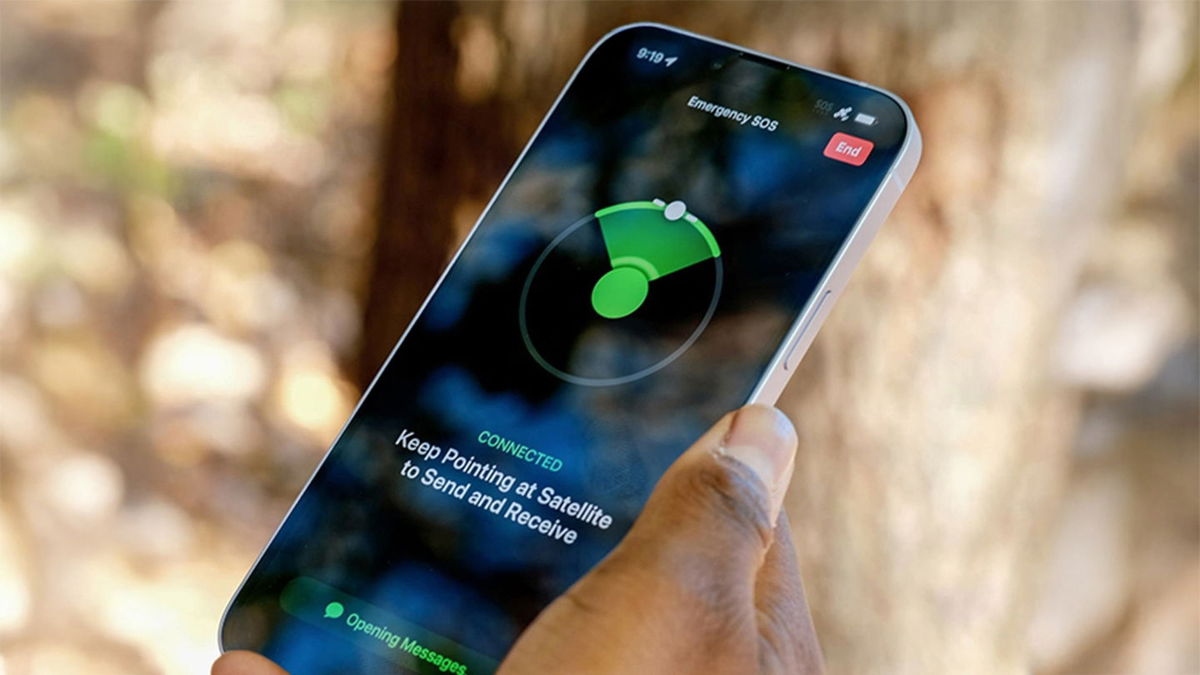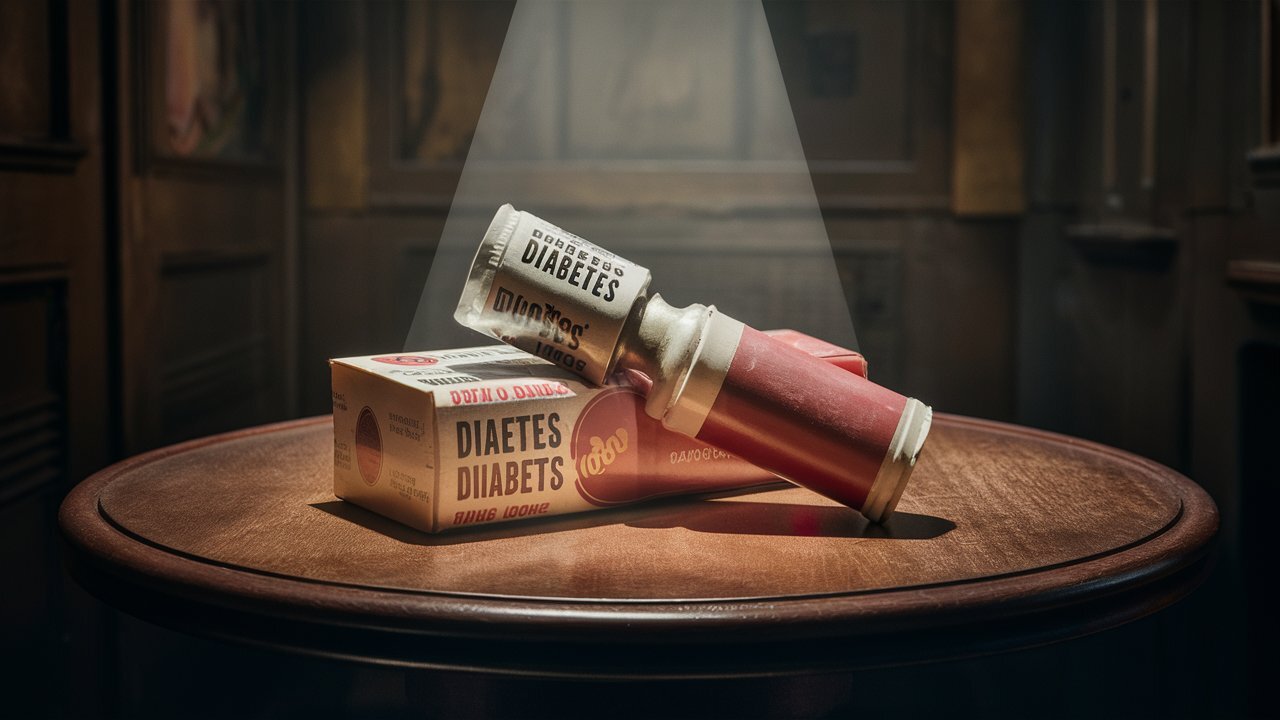Thiazolidinediones (TZDs) were once popular in treating type 2 diabetes by targeting insulin resistance, a key factor in the development of the disease. However, unpleasant side effects such as weight gain and fluid retention have caused their popularity to decline. Now researchers are unlocking the secrets of how TZD works at the molecular level. This information could lead to safer and more effective treatments. The culprit behind insulin resistance? Obesity. It not only increases fatty tissue, but also triggers low-level inflammatory processes.
Here’s where things get interesting: Inflamed fatty tissue releases tiny “messages” called exosomes that contain microRNAs, molecules that regulate gene activity. These exosomes spread throughout the body and affect organs such as the liver and muscles, contributing to the development of insulin resistance.
The study aimed to understand how TZDs affect the exosome system. TZD-treated mice had increased insulin sensitivity but also experienced undesirable side effects. However, the researchers managed to isolate exosomes from treated mice and inject them into untreated mice. Remarkably, these untreated mice received the benefits of the drug (improved insulin sensitivity) without its drawbacks.
Scientists have even identified a specific microRNA called miR-690 within exosomes that is responsible for the positive effect. Although the direct use of exosomes for therapy is impractical, this paves the way for the development of drugs that mimic the function of miR-690.
News materials cannot be equated with a doctor’s prescription. Consult an expert before making a decision.
Source: Ferra
I am a professional journalist and content creator with extensive experience writing for news websites. I currently work as an author at Gadget Onus, where I specialize in covering hot news topics. My written pieces have been published on some of the biggest media outlets around the world, including The Guardian and BBC News.










